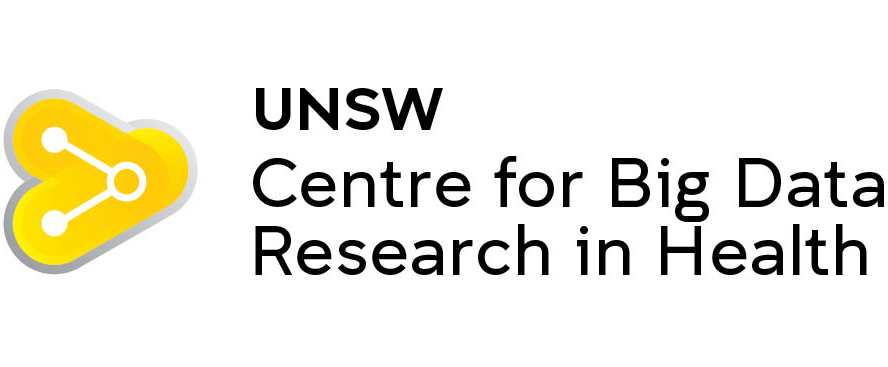Chronic disease

Using big data to prevent ill health, disability and death
At the Centre for Big Data Research in Health (CBDRH), we source big data for our research into chronic diseases. This includes cardiovascular disease, diabetes, chronic respiratory disease and cancer.
Chronic diseases affect almost half of the Australian population, causing substantial ill health, disability and premature death. Many people with chronic diseases experience multimorbidity, which is the presence of two or more chronic diseases in a person at the same time.
Our research into chronic diseases uses multiple sources of big data including hospital, Medicare and pharmaceutical records to tackle questions including:
How do health behaviours such as inactivity and poor diet cluster together and interact to drive risk of chronic diseases?
How effective are integrated care programs for people with chronic diseases?
How do multimorbidity and frailty interact?


